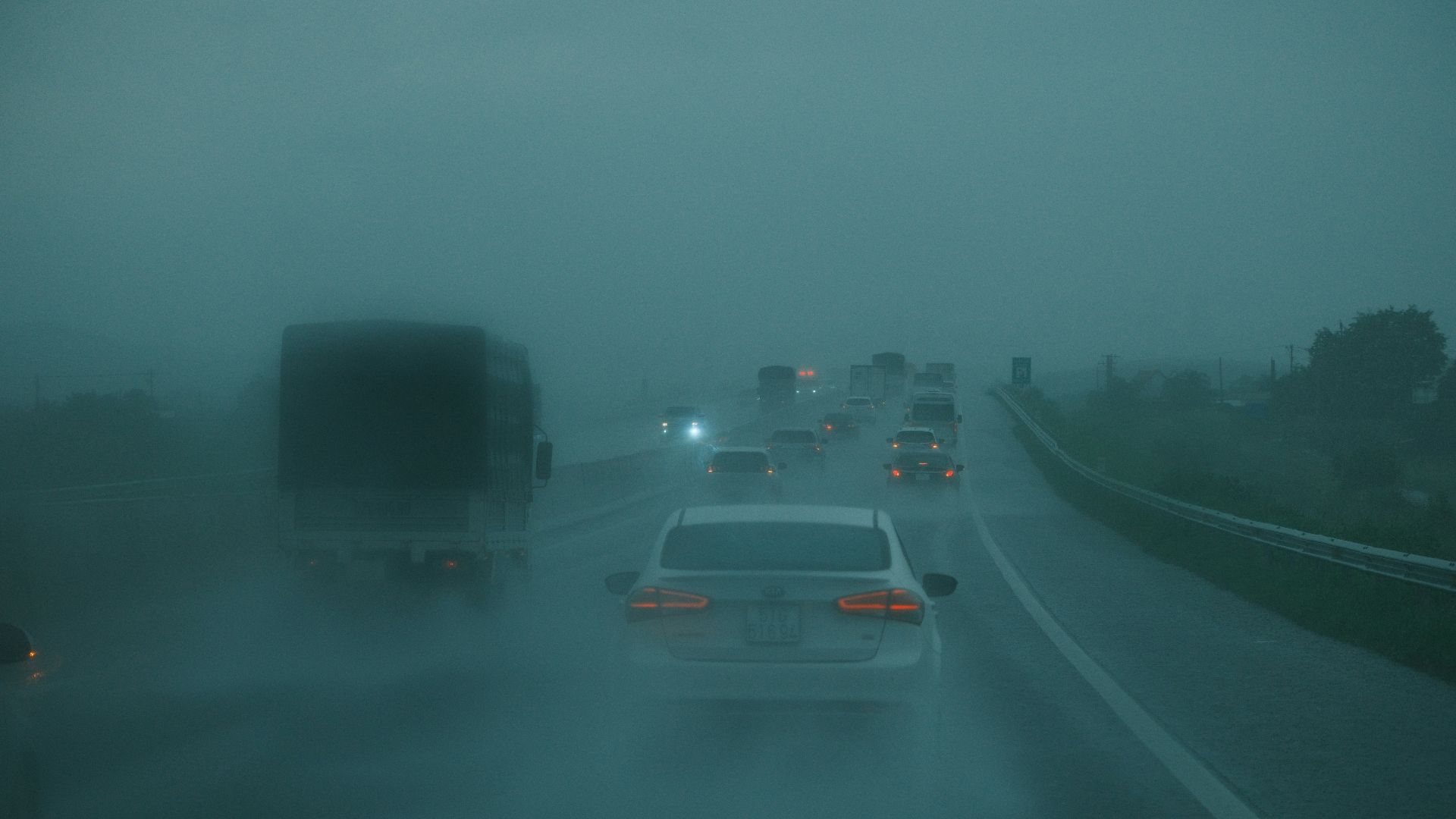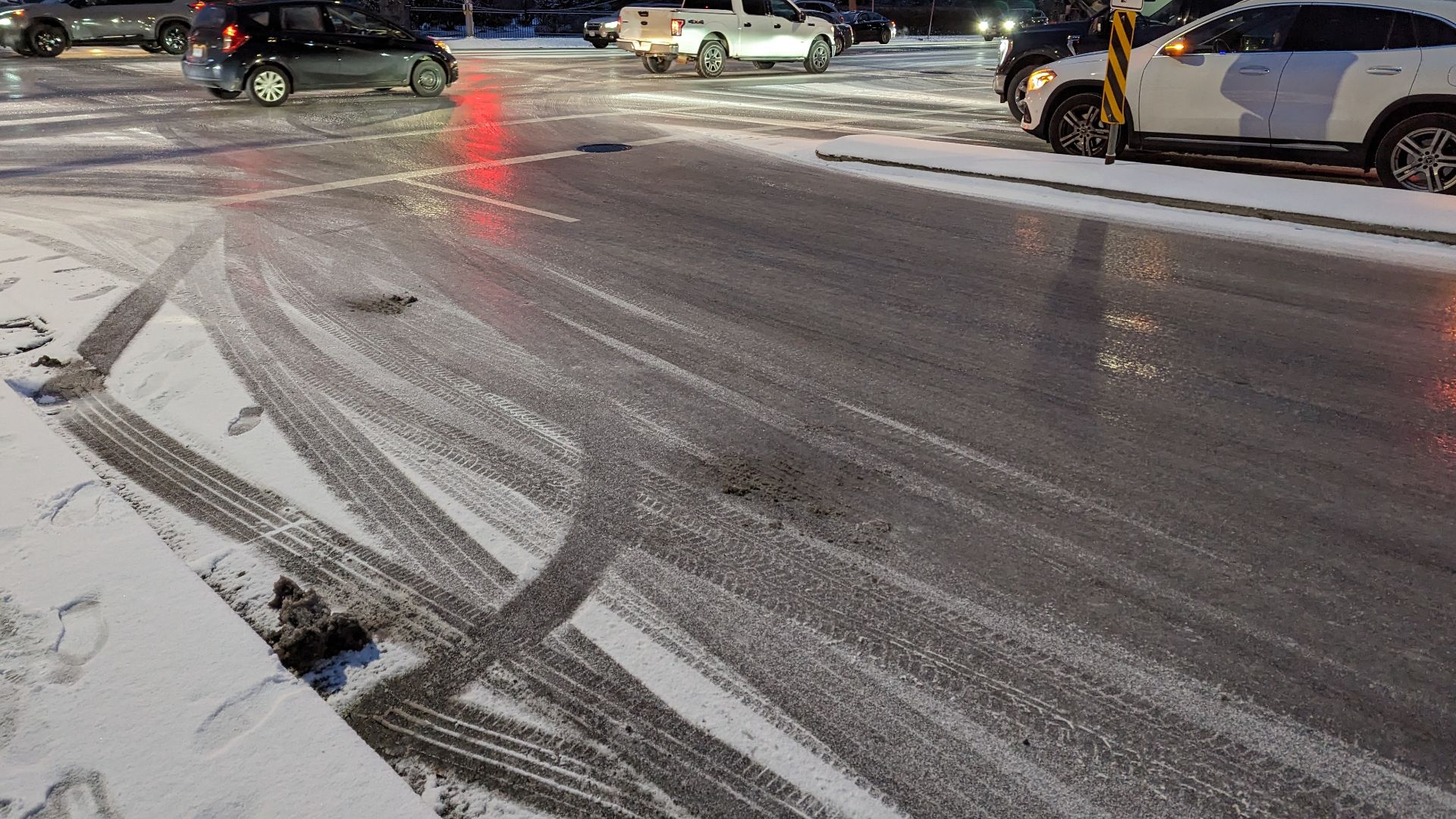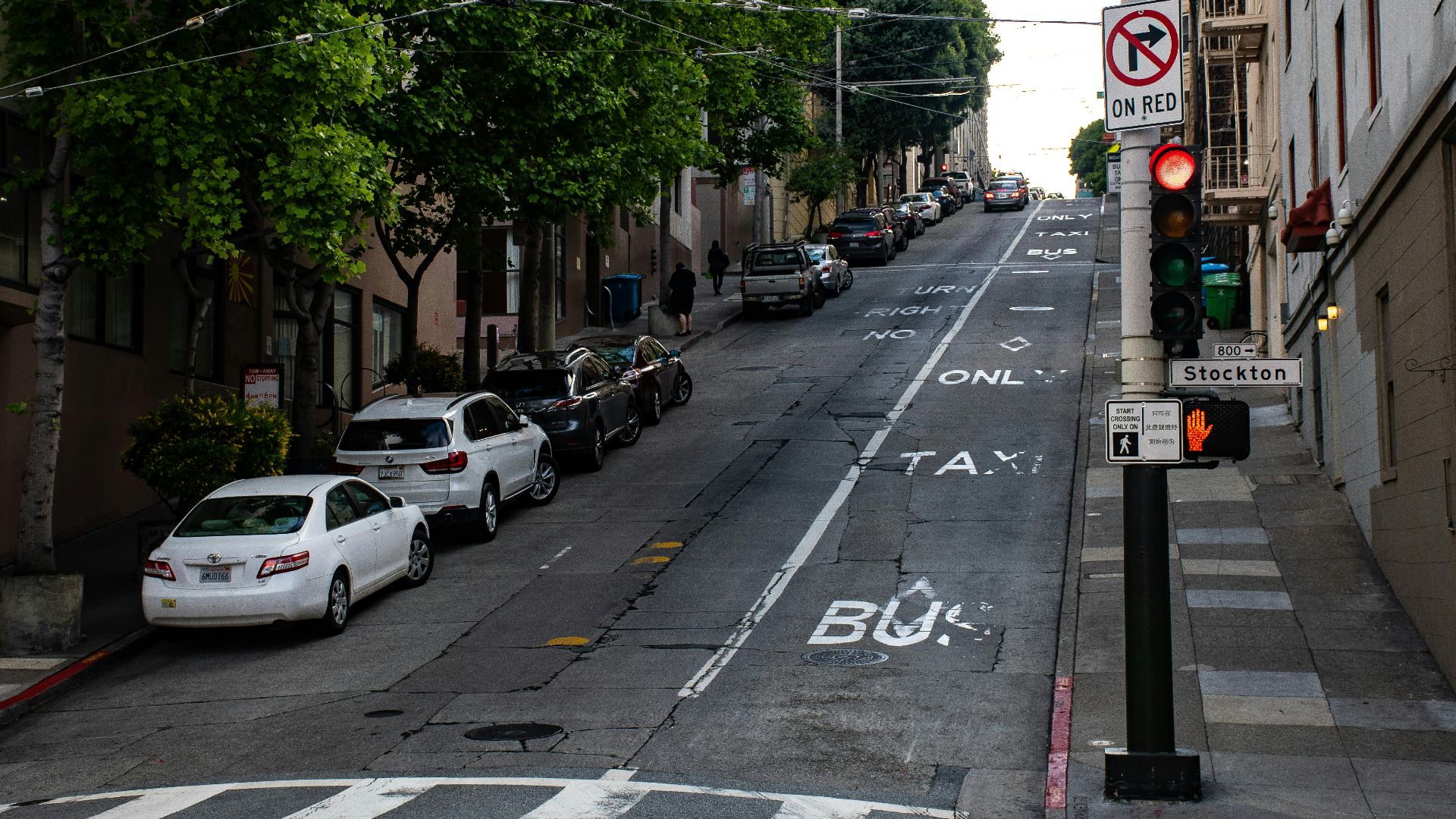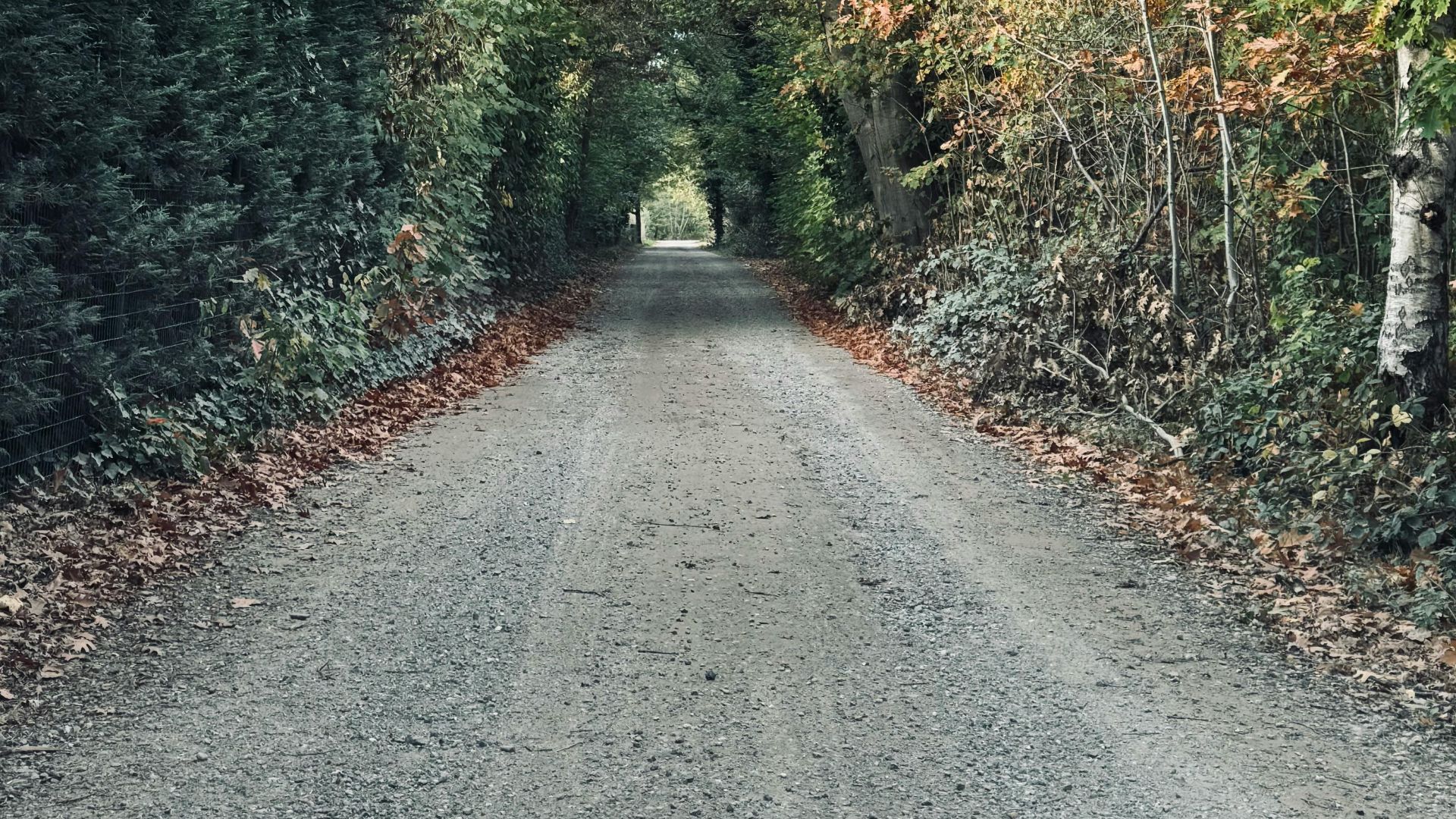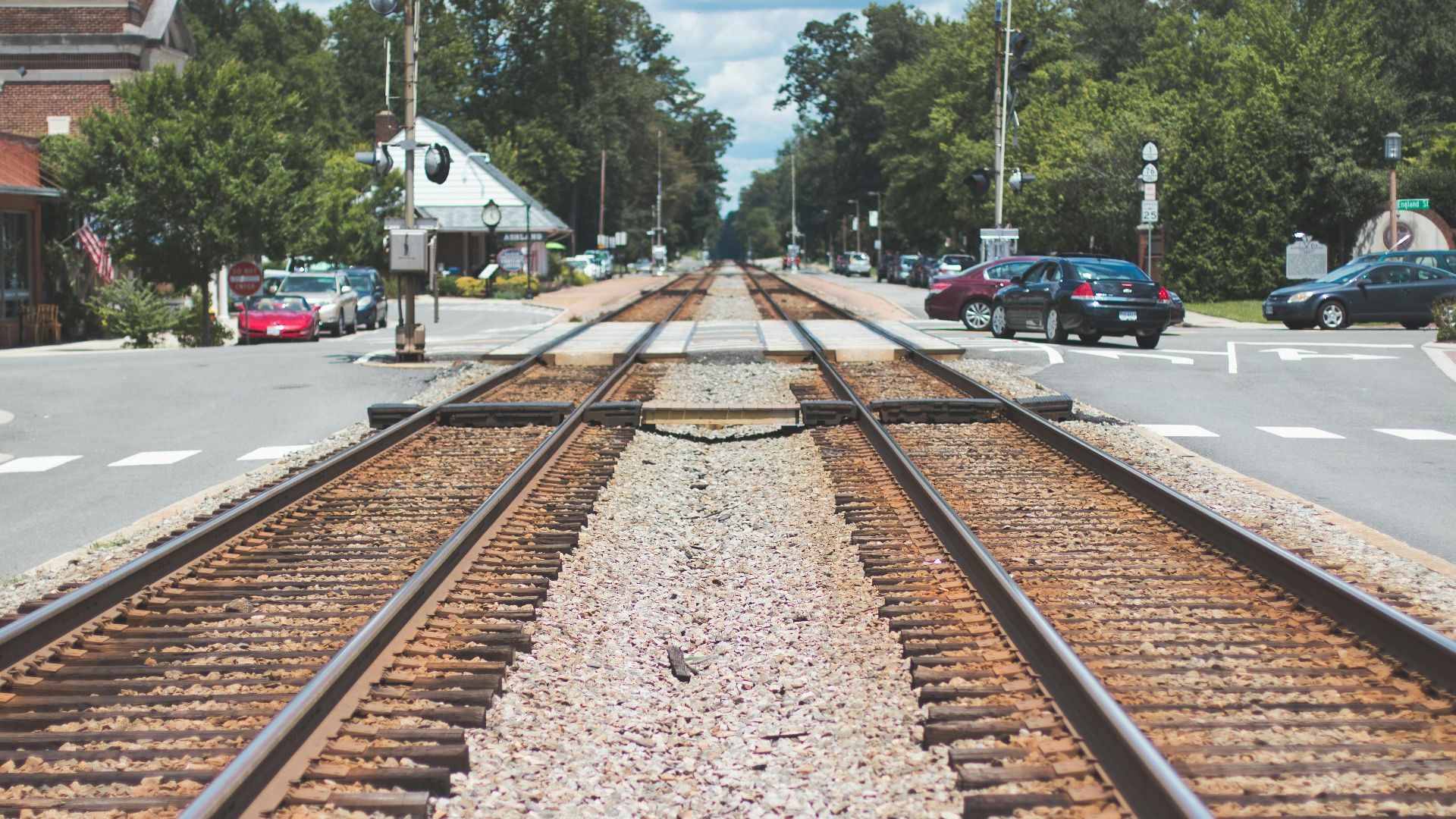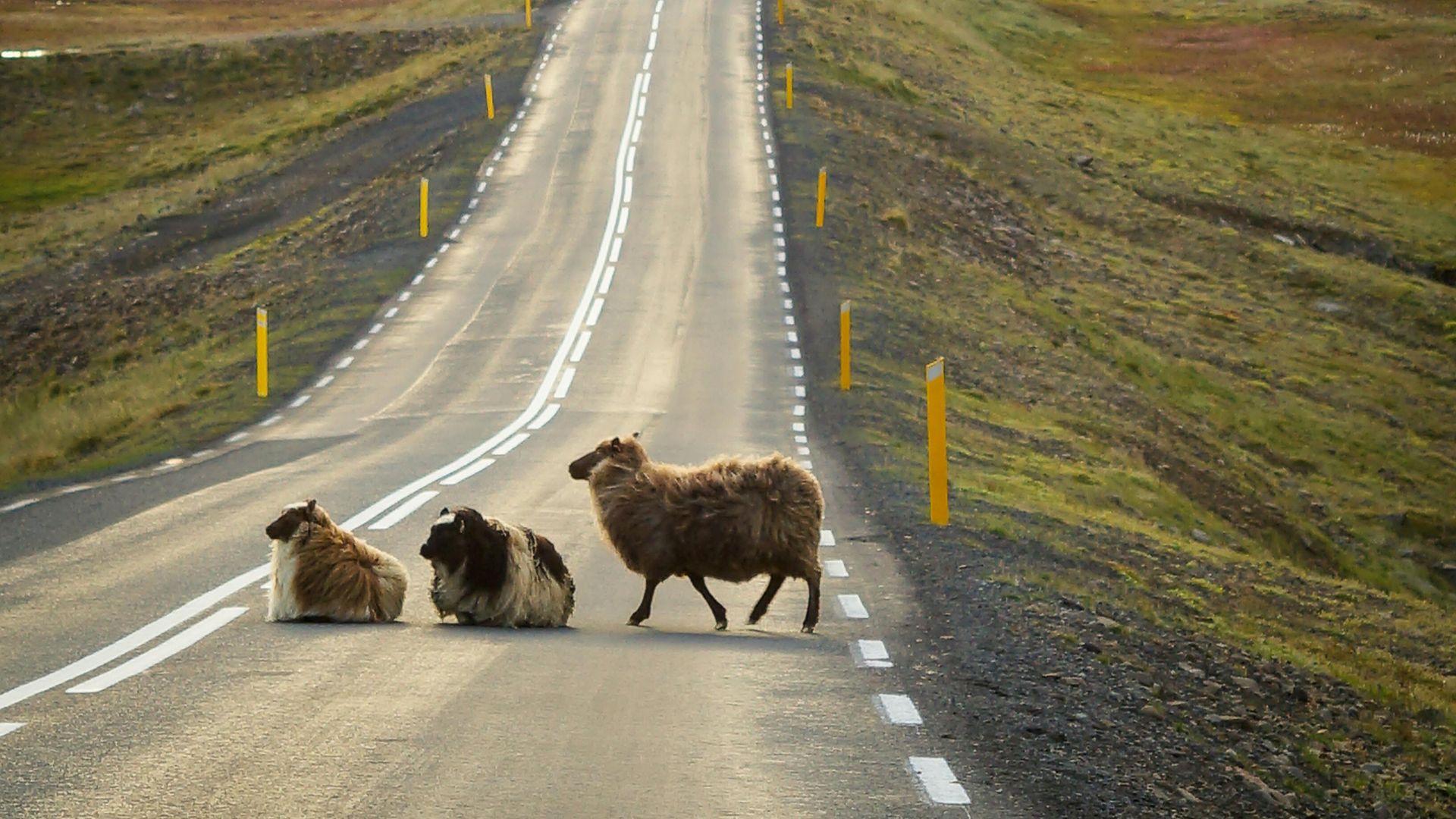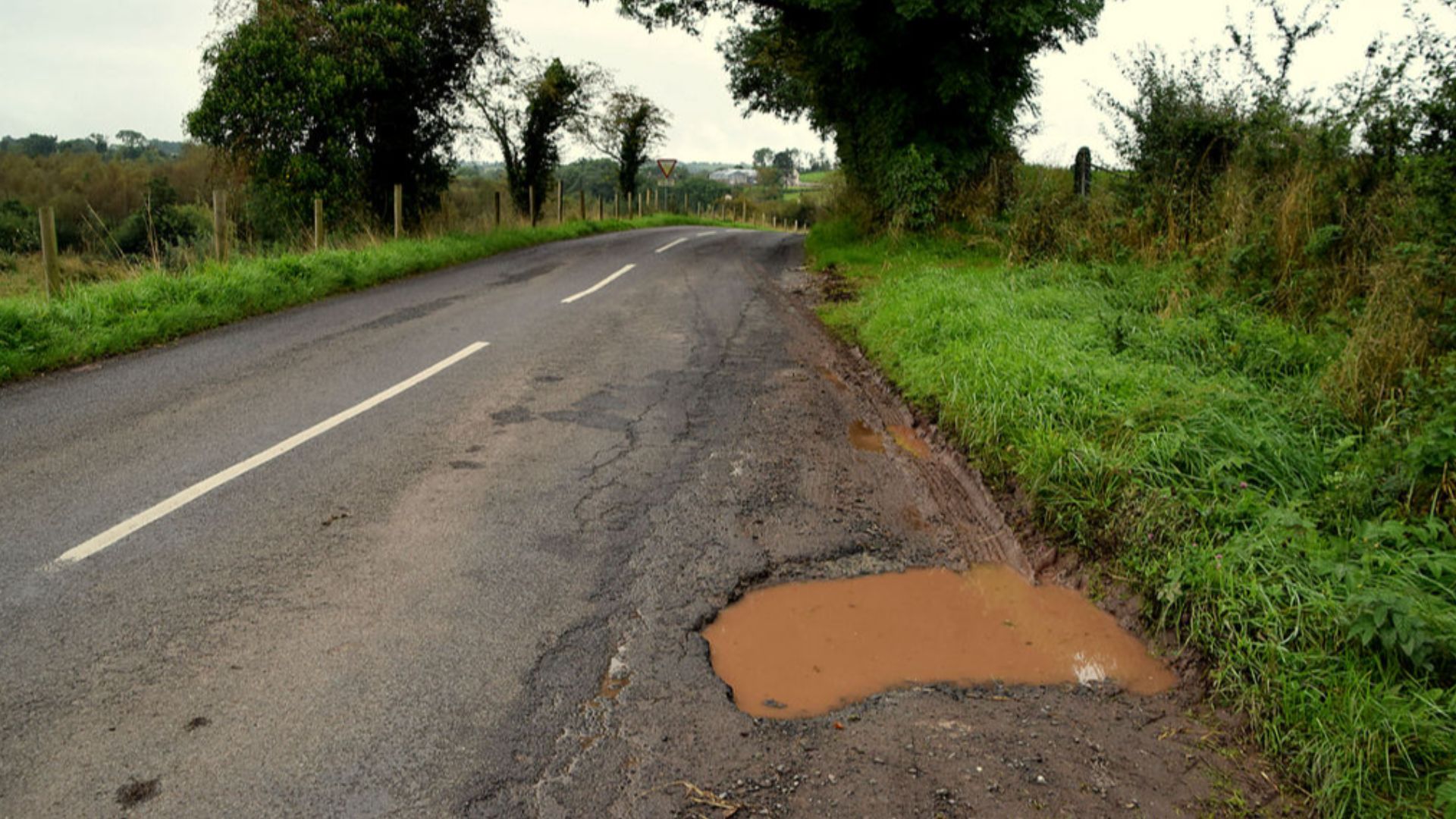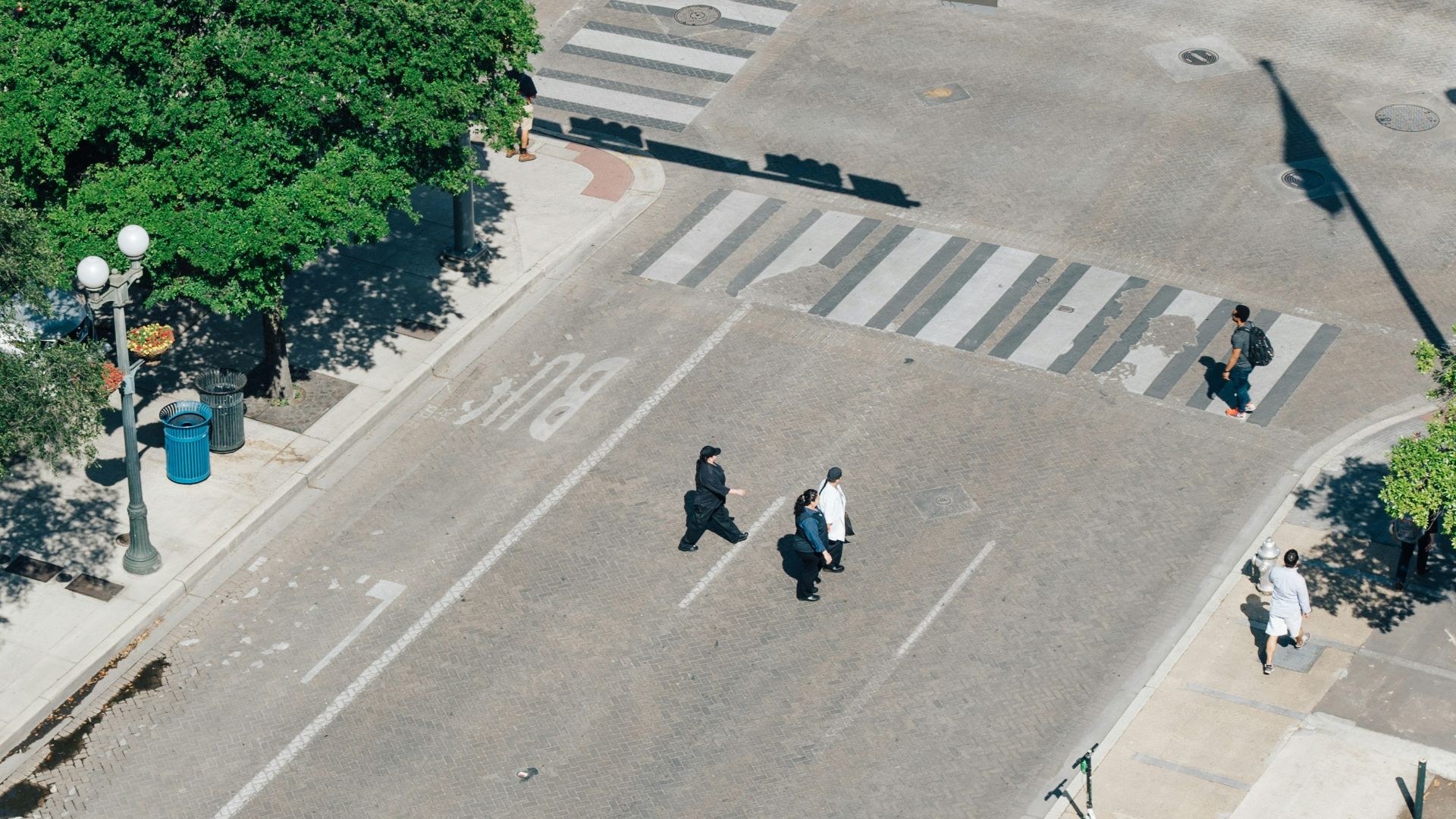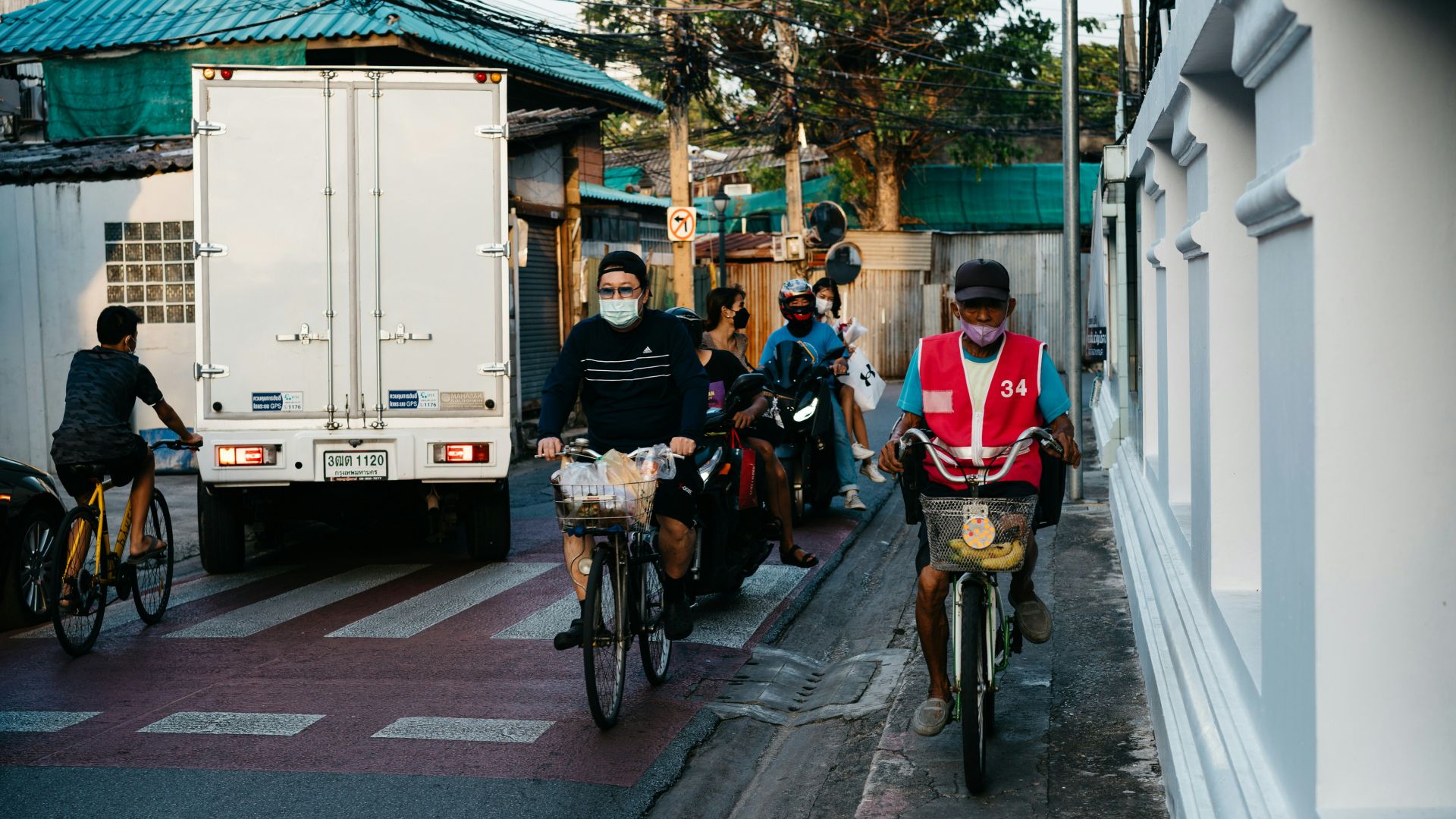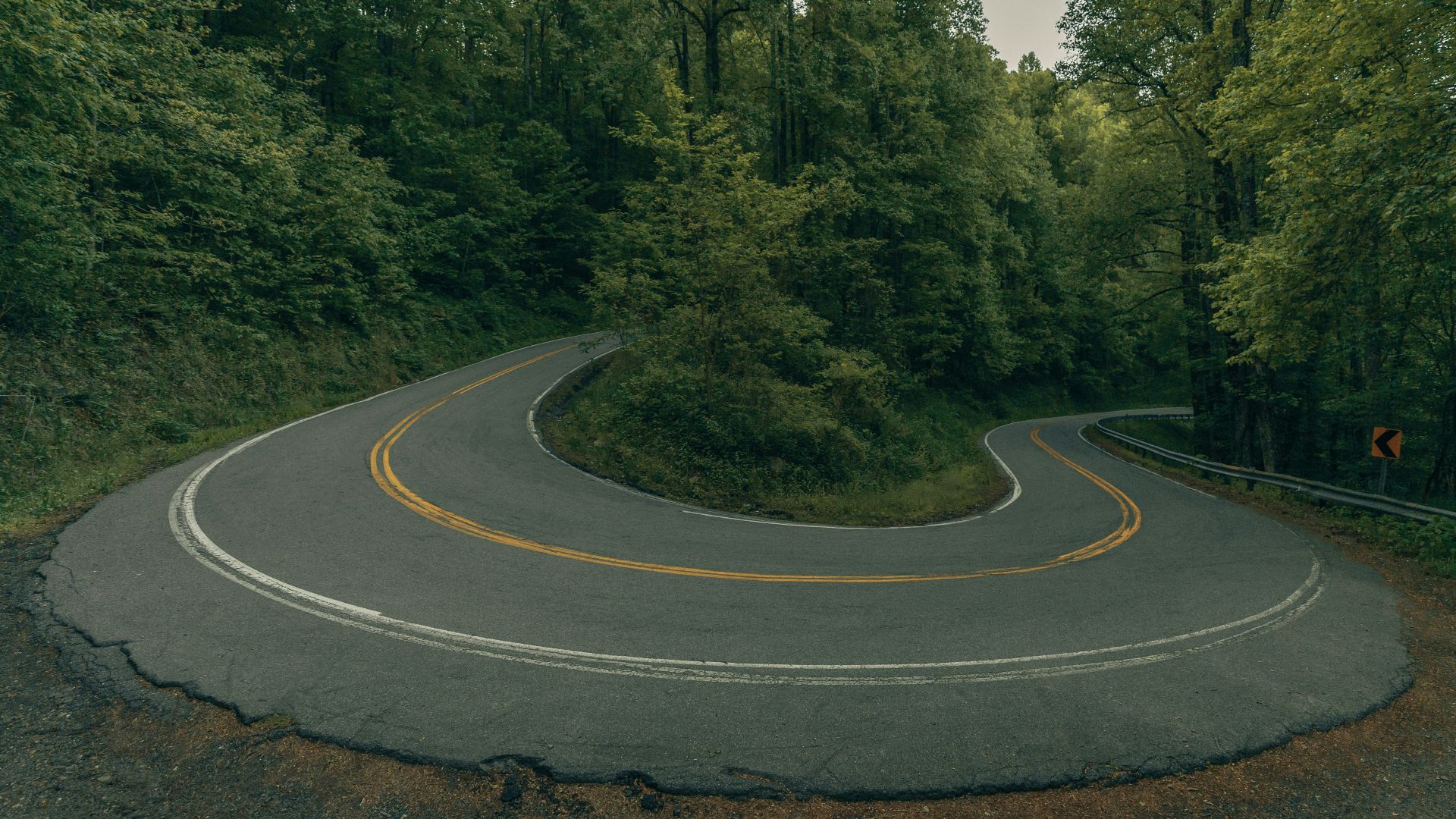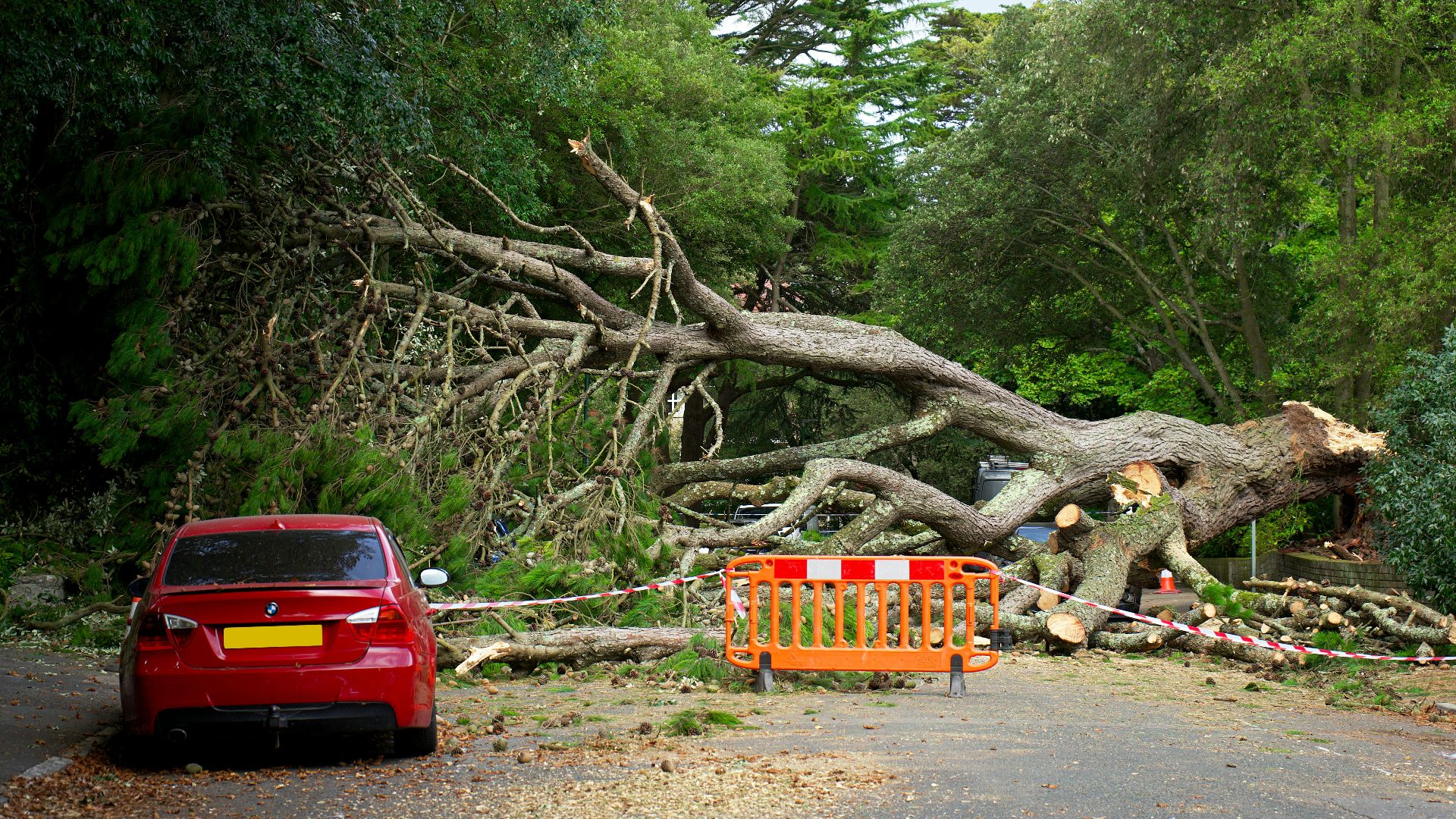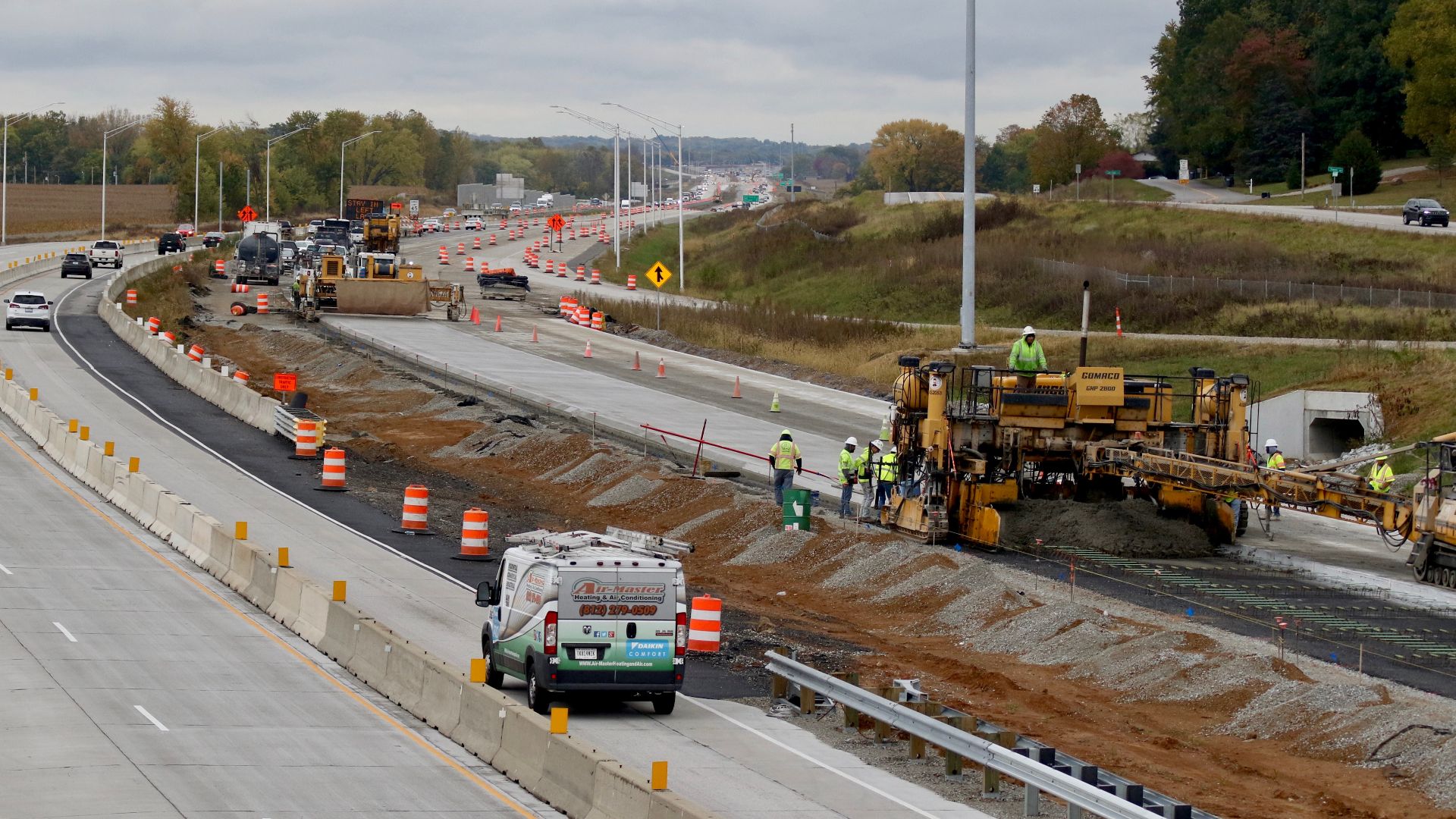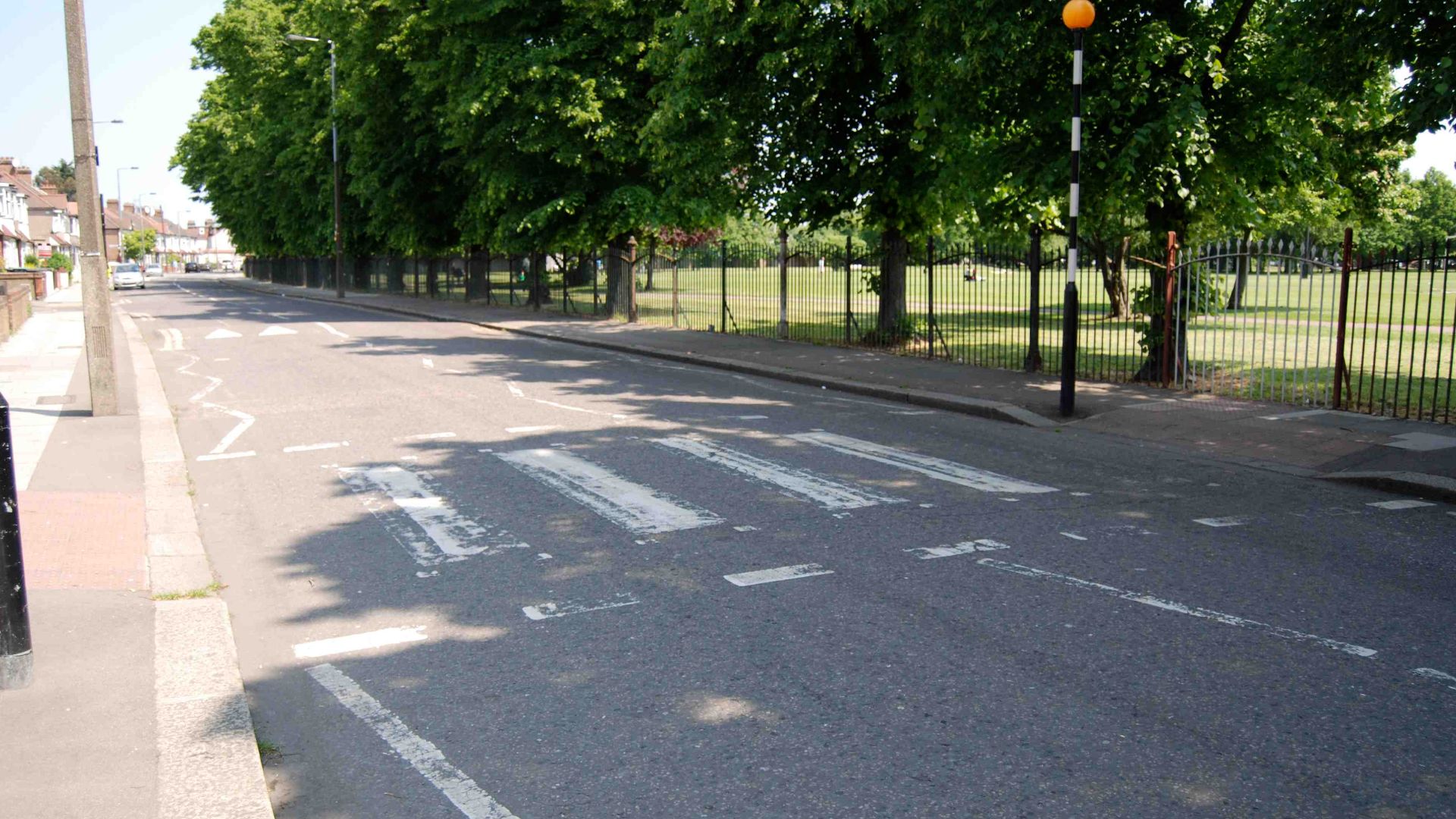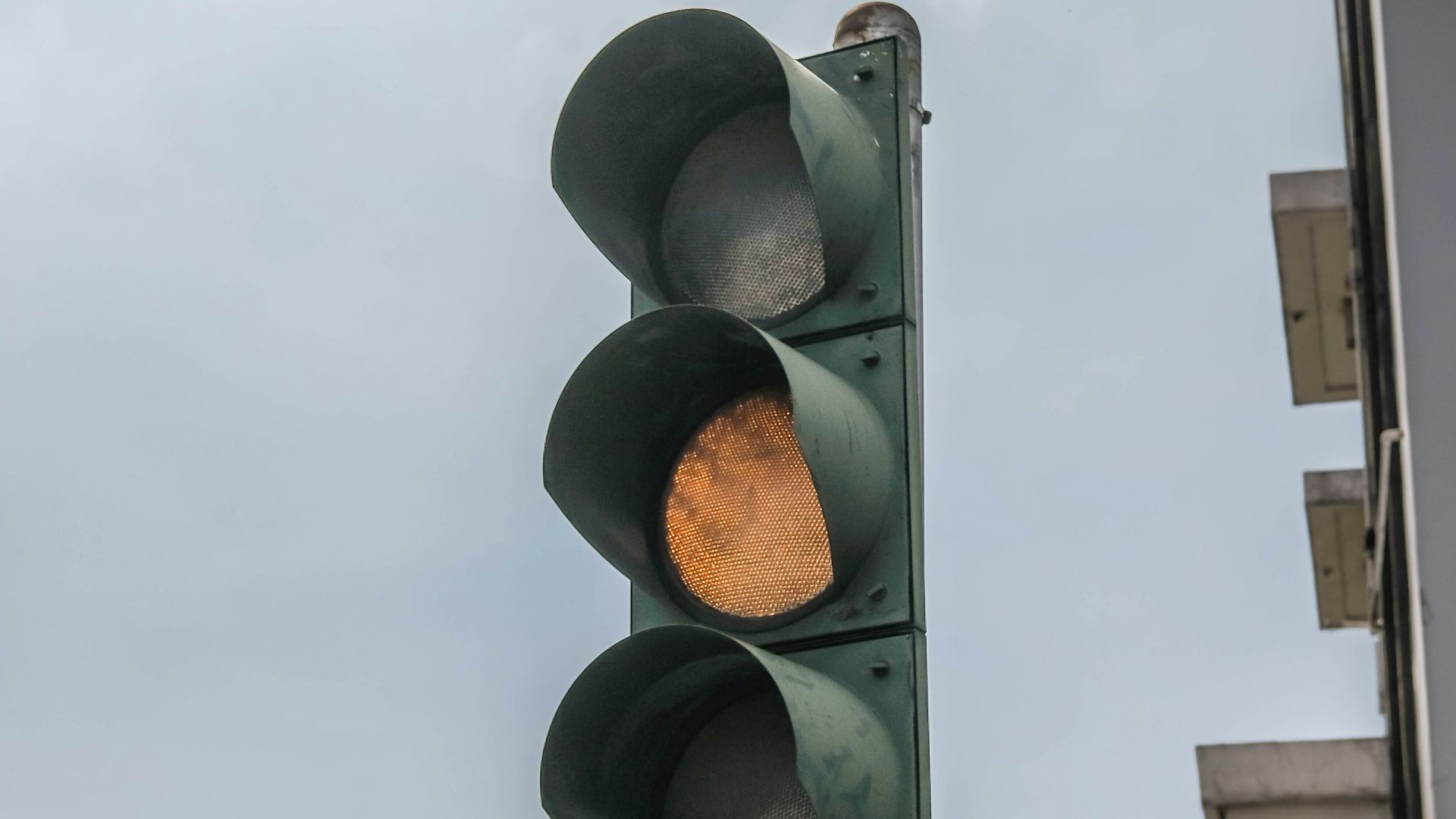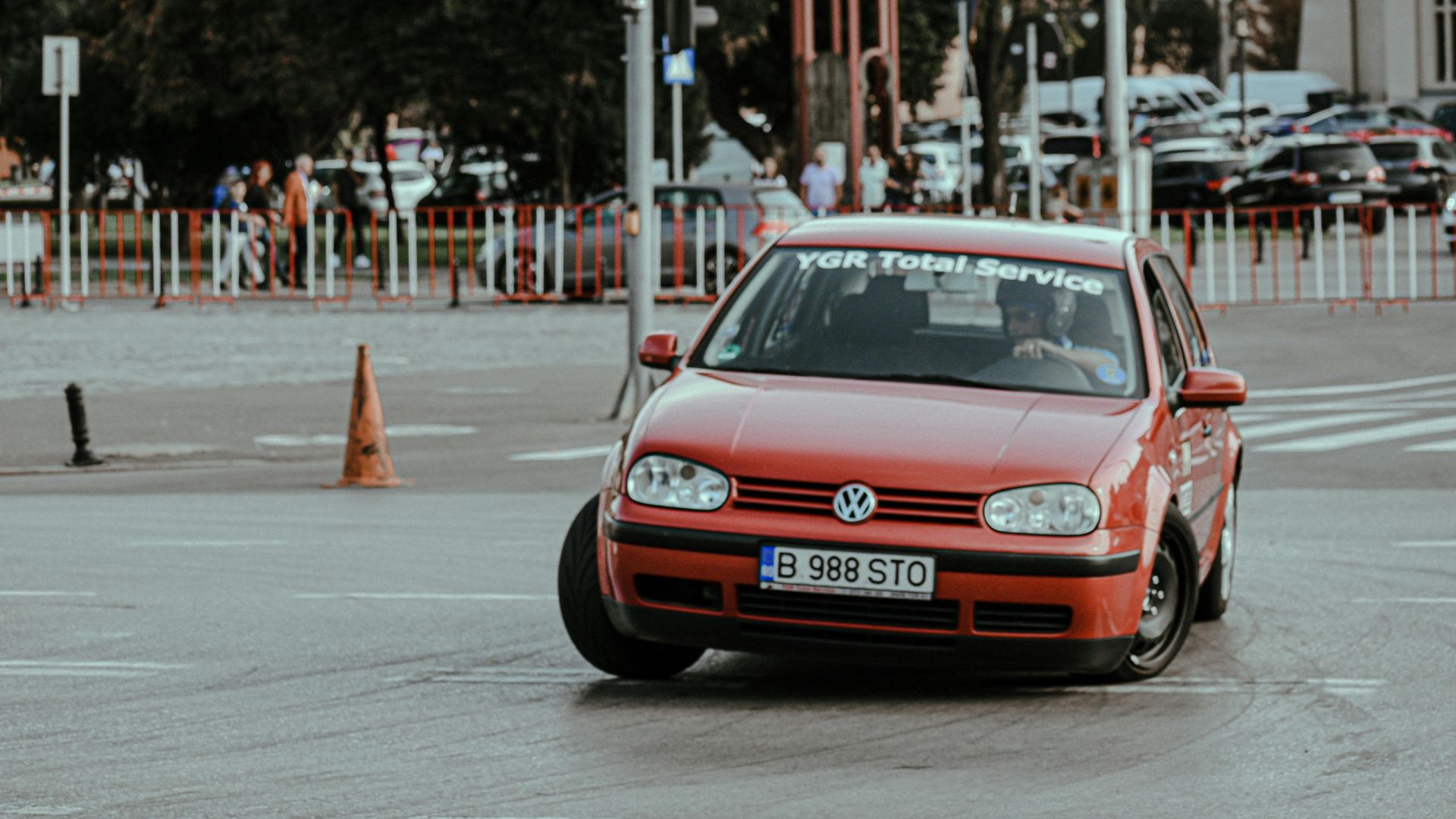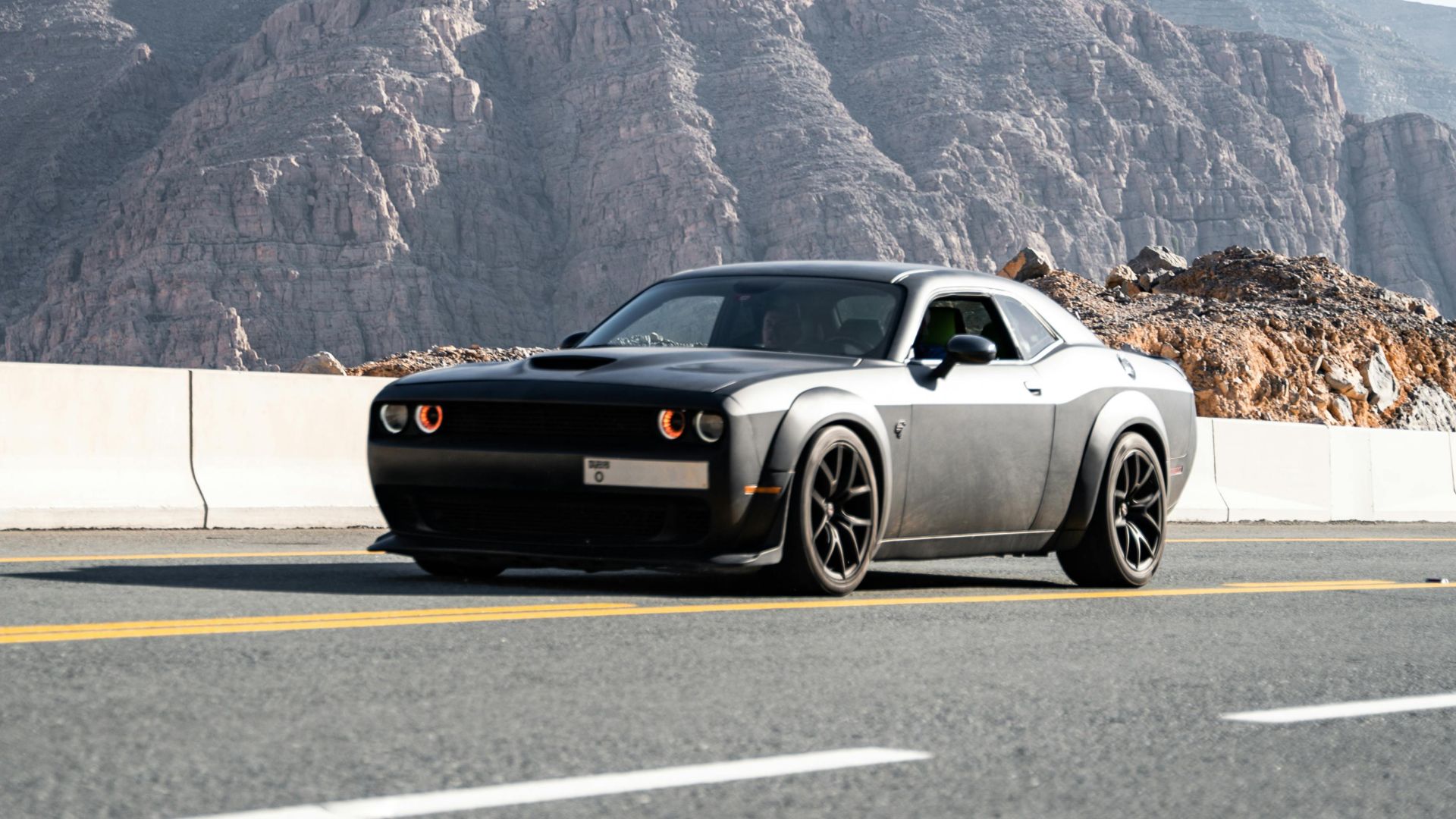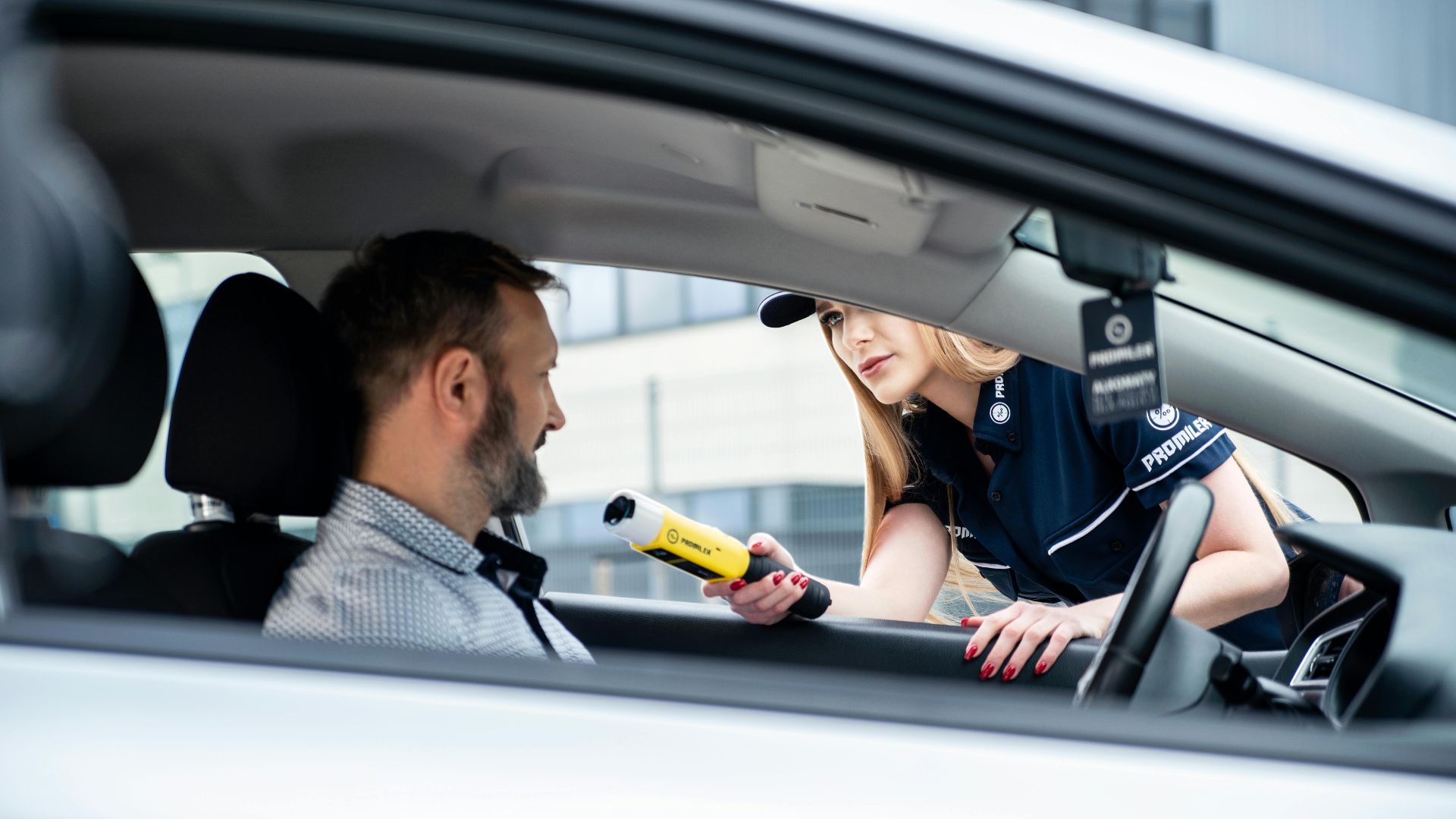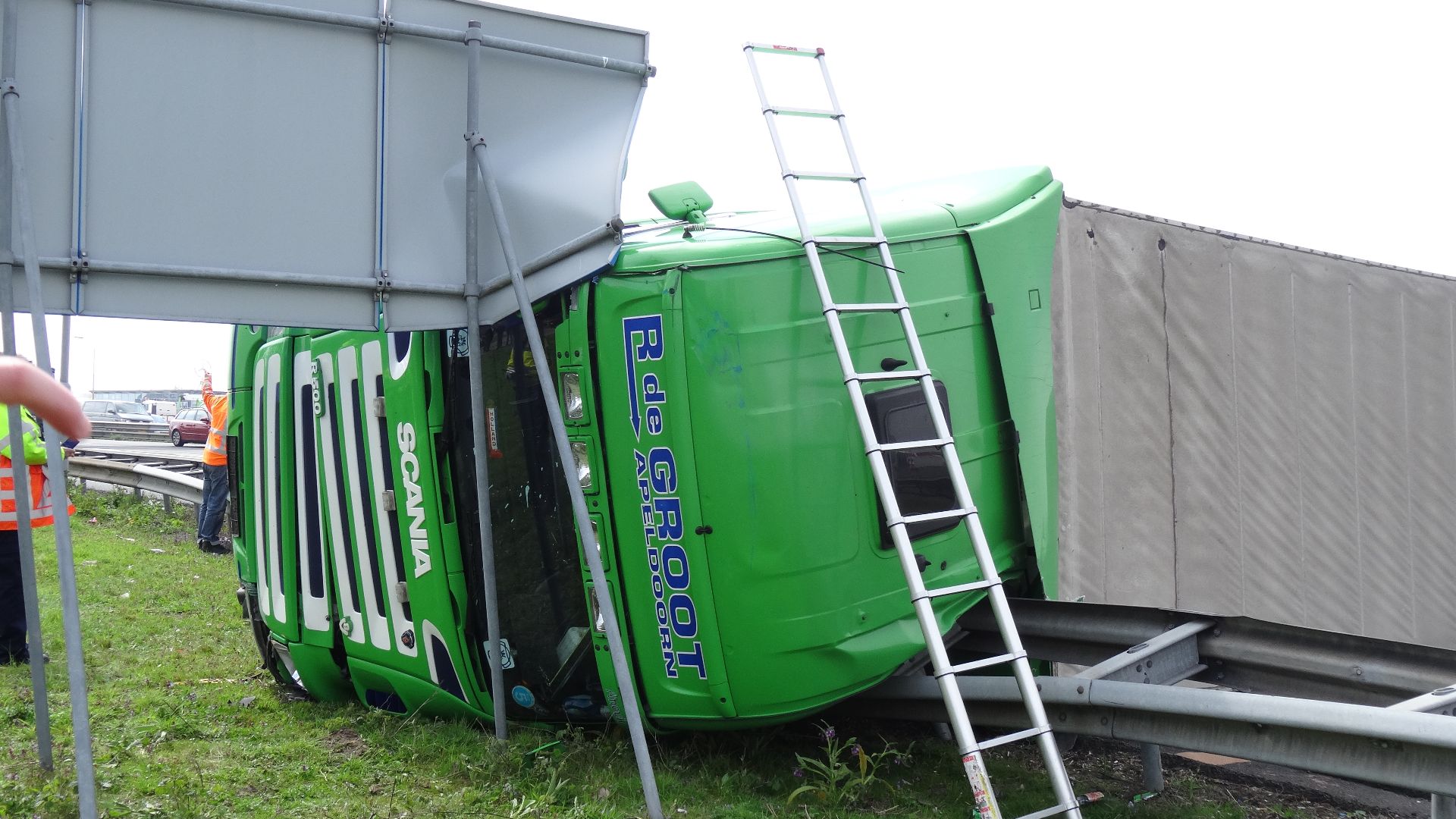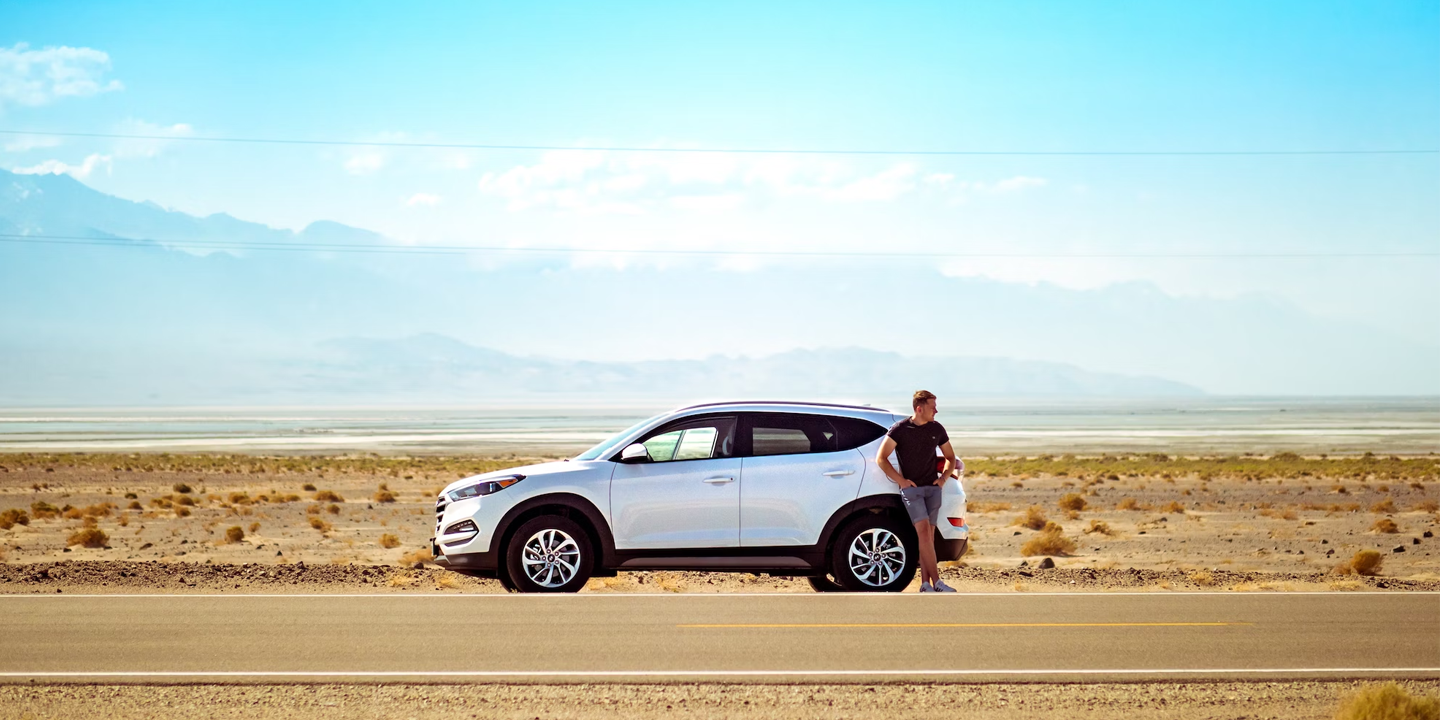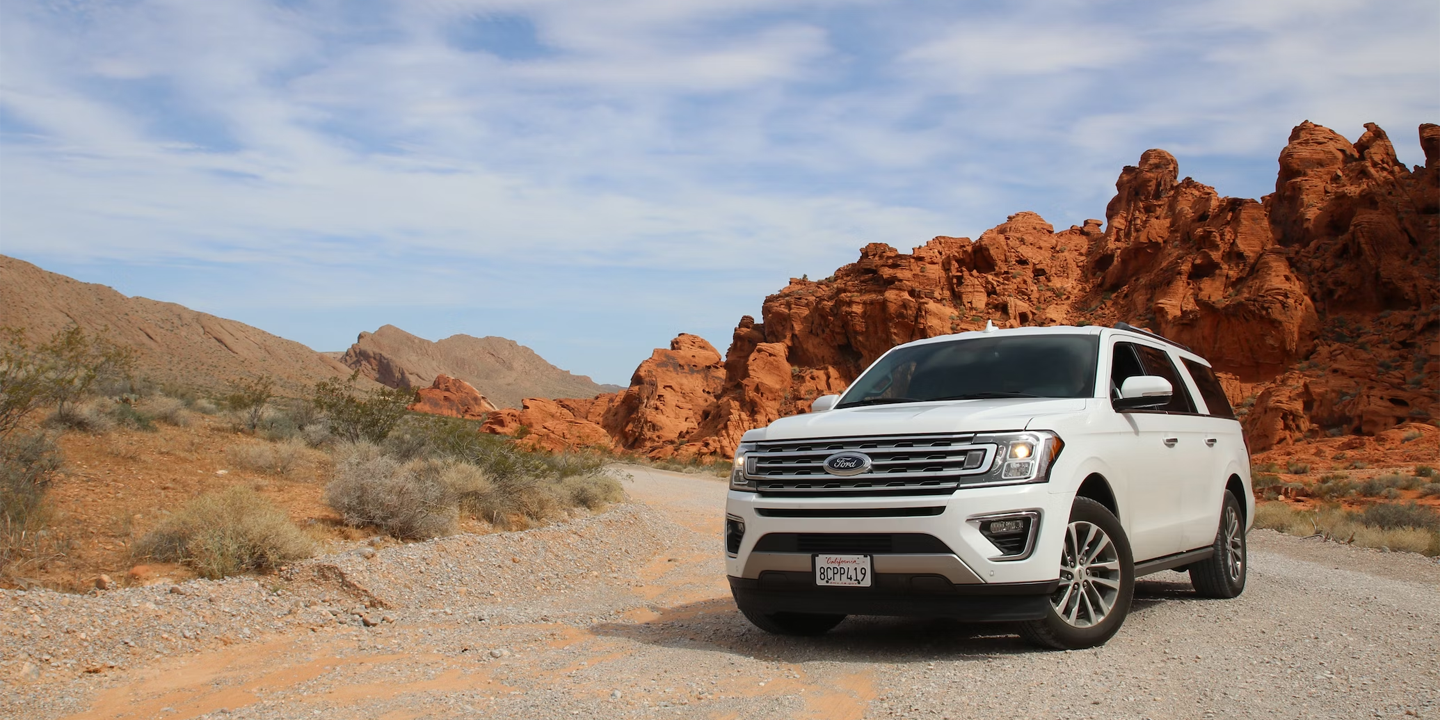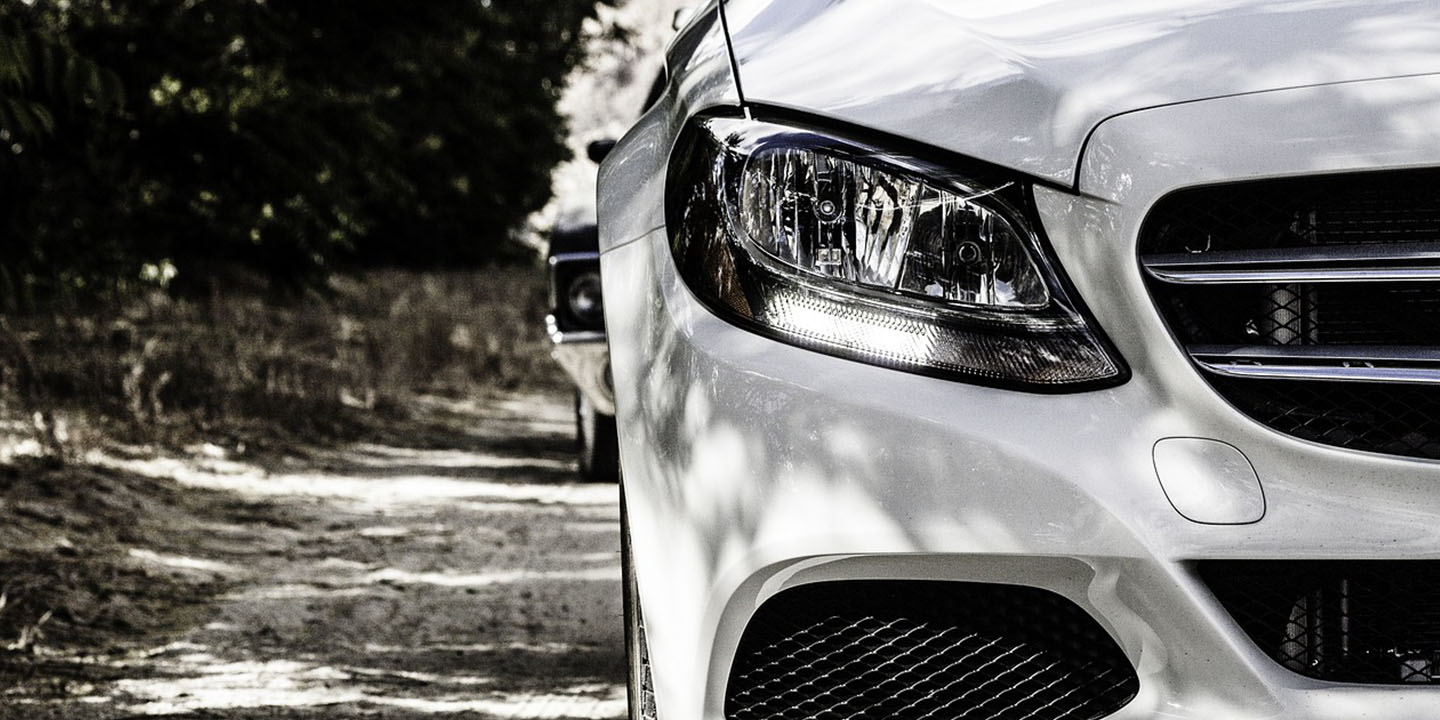Stay Sharp Behind The Wheel
The open road feels like freedom—wind in your hair, music up, worries in the rearview. But danger often hides in plain sight, turning comfort into chaos before you know it. Even confident drivers can miss what’s quietly waiting to catch them off guard. Knowing what to look for makes every mile safer. Keep reading to discover the unseen hazards every driver should be prepared to face before the next trip begins.
1. Wet Or Slippery Pavement After Rainfall
When rain hits the road, you’re facing two main problems: slick pavement that weakens tire grip and poor visibility. Handle both by slowing down to avoid sliding, and turning on your low-beam headlights with the wipers—high beams just scatter light in the rain and make it harder to see.
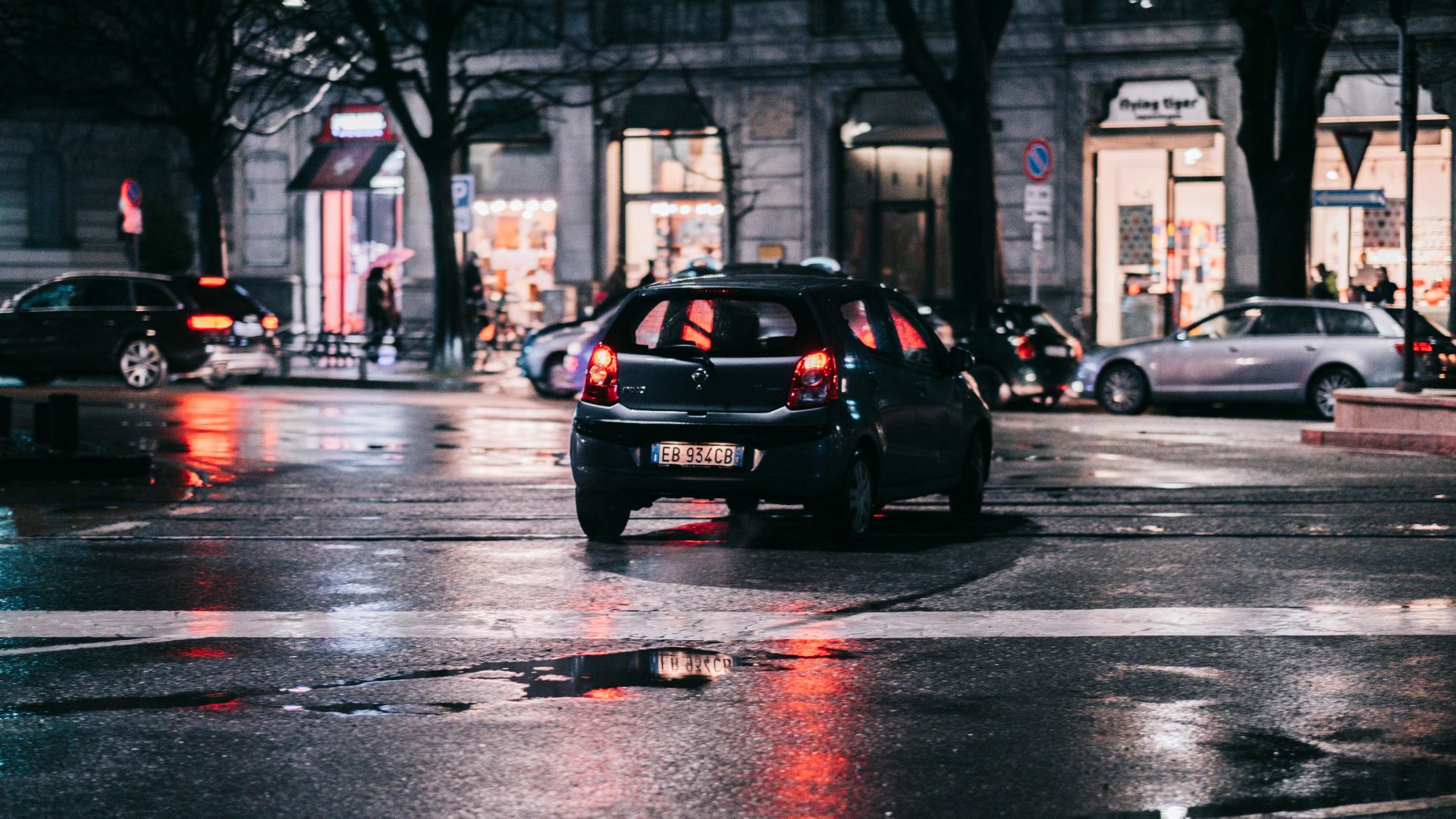 Lorenzo Alessio Messina on Pexels
Lorenzo Alessio Messina on Pexels
2. Dense Fog That Drastically Reduces Visibility
Many drivers switch to high beams or hazard lights as thick fog drops visibility to near zero. Both choices backfire, as high beams reflect off fog, and hazard lights confuse others. The safer move is using low beams, required by law in many states, even during daylight.
3. Black Ice Forming Invisibly On The Asphalt
The sneaky nature of black ice makes it dangerous. It creates a thin, invisible layer on asphalt, especially during cold mornings and nights. It forms fastest on bridges and overpasses. Drivers should stay alert and slow down if temperatures drop close to freezing.
4. Steep Downhill Slopes Increasing Stopping Distance
Gravity adds extra force on steep descents, making it harder to stop in time. Keep control by shifting into a lower gear, since using the brakes too much can overheat them. That’s why mountain routes include runaway ramps for emergencies.
5. Strong Crosswinds Pushing Vehicles Sideways
While most cars handle breezes fine, tall trucks and vans can drift across lanes when strong crosswinds hit. It’s worst near bridges, overpasses, and open areas. So, as soon as gusts strike, everyone should ease off the gas and hold steady.
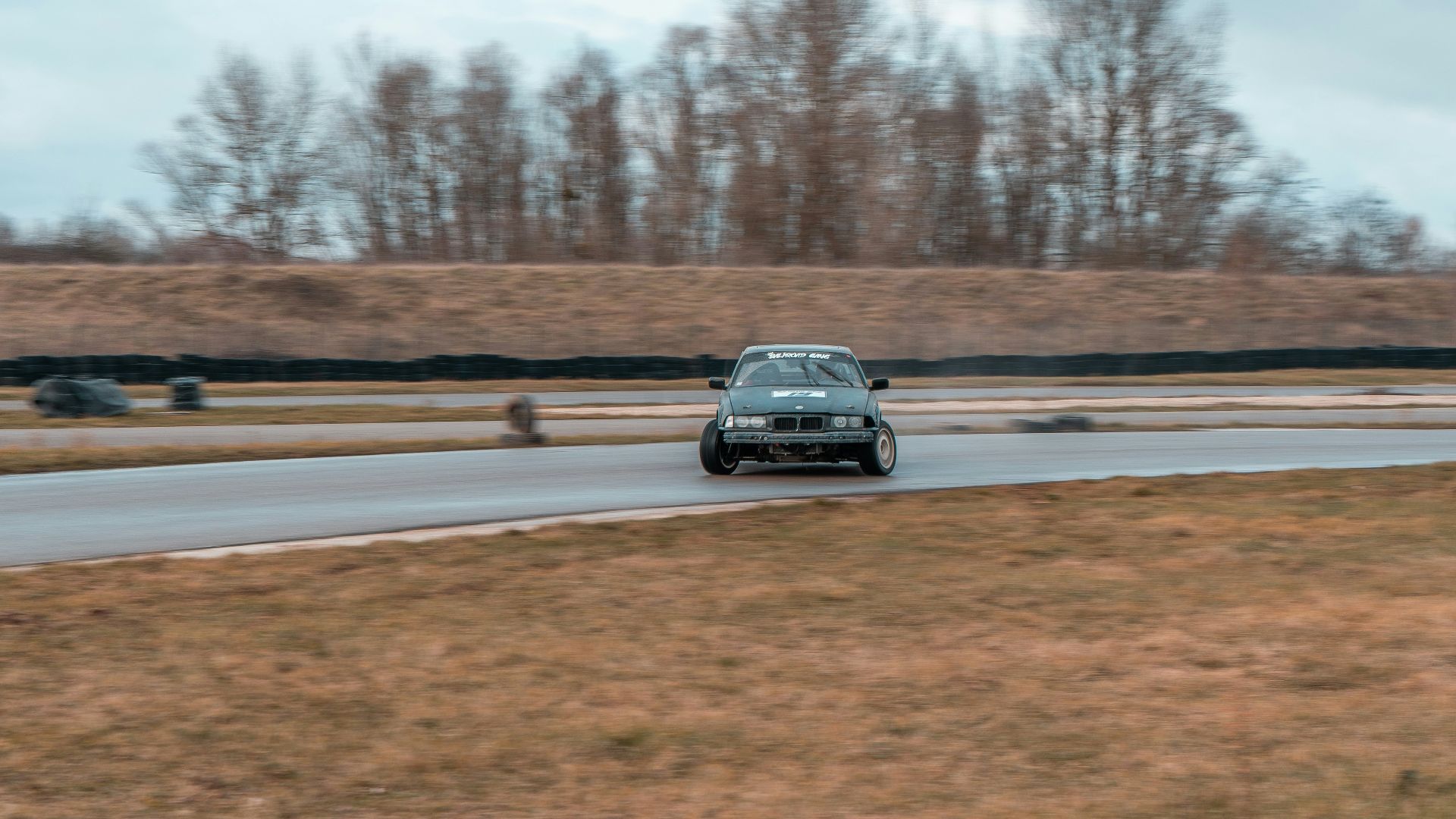 Alexis AMZ DA CRUZ on Unsplash
Alexis AMZ DA CRUZ on Unsplash
6. Loose Gravel Creating Unstable Traction
When you’re driving through construction zones or rural areas, loose gravel can cause serious trouble. Those scattered rocks reduce tire grip, which makes turns and stops risky. When traction drops, steering and braking get tricky fast. The best move is to slow down and stay steady.
7. Unprotected Railroad Crossings With No Signals
Here’s a sobering truth: cars can stop quickly, but trains can’t. Today’s trains are also much quieter than before, especially at rural crossings marked only by a simple sign. Always stop, look both ways, and listen carefully before crossing any tracks.
8. Unexpected Animal Crossings On Rural Roads
From early morning to evening, rural roads bring constant wildlife surprises, with deer being most active during dawn and dusk. Drivers should stay alert near animal crossing signs, while wildlife passages help protect both people and animals in wooded areas where crossings happen often.
9. Deep Potholes Damaging Tires And Suspension
That crater in the road gives you an impossible choice in a split second. Swerve and risk hitting another car, or plow through and wreck your suspension. Slowing down helps, but sometimes you don't see the pothole until it's too late. These road craters cost drivers thousands in repairs and create genuine safety hazards that authorities often ignore.
10. Pedestrians Appearing Outside Marked Crosswalks
Basic crosswalk violations already pose dangers, but things get worse near bus stops or parking lots, where people cross mid-block unexpectedly. These sudden moves raise risks in crowded areas and become even more dangerous at night due to low visibility.
11. Cyclists And E-Scooters Sharing Narrow Lanes
For drivers, noticing cyclists or e-scooters in narrow lanes takes constant attention. These riders also face tight spaces that force sudden moves. Both sides share the duty—drivers giving a three-foot gap, and riders sticking to vehicle rules for safety.
12. Sharp Or Blind Curves Limiting Reaction Time
Sharp and blind curves cause serious visibility limits, which cut down the time drivers have to react to danger. The risk is higher on rural roads, so always watch warning signs, slow before curves, and avoid overtaking if your view is blocked.
13. Sudden Lane Blockages From Accidents Or Debris
A clear lane can turn into an obstacle course without warning. Accidents or random debris force quick decisions that catch drivers off guard. By the time you spot the blockage, you've got seconds to react safely. These sudden barriers test your awareness and leave little room for hesitation or error.
14. Active Construction Zones With Changing Layouts
Every day, road crews work in risky zones filled with moving traffic and heavy equipment just feet away. Their safety depends on drivers obeying reduced speeds and lane changes. Doubled fines exist for a reason—to stop reckless behavior in these constantly changing areas.
15. Faded Or Missing Lane Markings Causing Confusion
When road paint disappears, guessing where your lane actually is becomes a stressful gamble. Rain makes faded markings nearly invisible and leaves drivers to navigate by instinct alone. This confusion gets dangerous fast in multi-lane areas or construction zones.
16. Malfunctioning Traffic Lights At Busy Intersections
When a traffic light goes out, busy intersections can quickly turn chaotic and dangerous. Still, there’s a simple rule to follow—treat broken signals like four-way stops. Many places now use battery backups to keep lights running during temporary power failures.
17. Aggressive Drivers Weaving Through Traffic
Defensive driving skills help protect against one of the most unpredictable dangers—aggressive drivers weaving through traffic. These reckless motorists speed and cut lanes suddenly. Some states now have hotlines where people can report such unsafe behavior.
18. Sudden Vehicle Mechanical Failures Mid-Drive
Even with today’s smart cars and regular maintenance, surprises still happen—brake loss, steering failure, or sudden blowouts. When chaos hits, switching on your hazard lights right away alerts everyone around you. That quick move gives others time to react safely.
19. Drunk Or Impaired Drivers Endangering Others
Drivers under the influence struggle with delayed reactions and flawed judgment behind the wheel. A single miscalculated turn or a late response to brake lights can have devastating consequences. That's why impaired driving continues to rank among the deadliest dangers on the road today.
20. Unsecured Truck Cargo Falling Onto The Road
Every year, loose truck cargo sparks highway panic as ladders, lumber, or tools turn into flying hazards. Drivers often face split-second choices—brake or swerve—and both can cause crashes. Smart motorists keep extra distance and report unsafe loads to the highway patrol.



